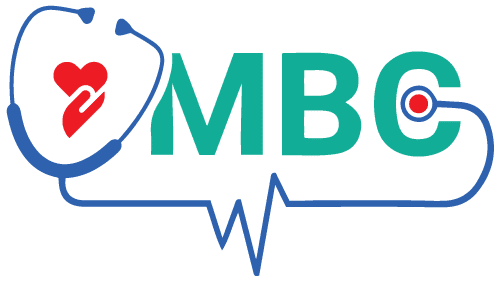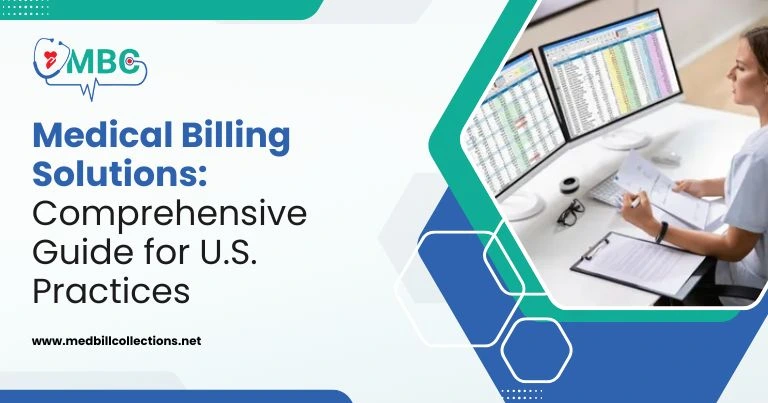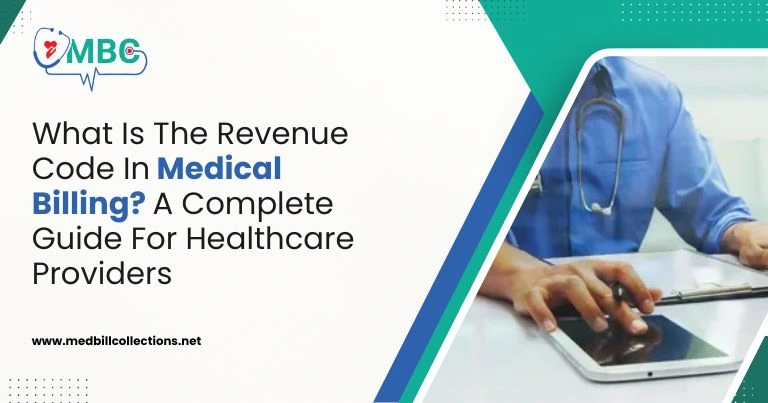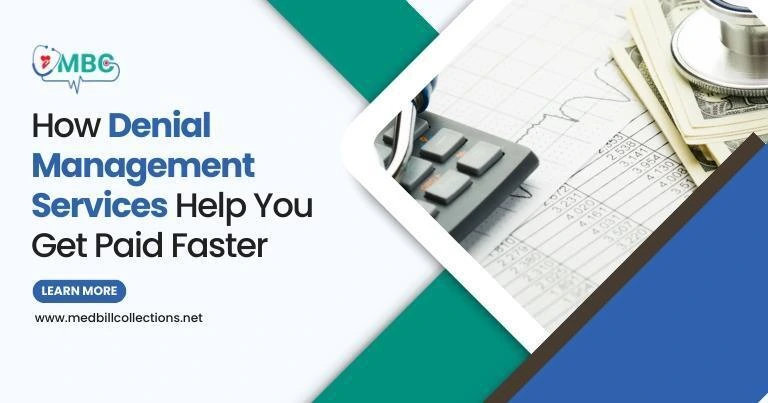Top 5 Benefits of Outsourcing Medical Billing Credentialing Services
Of course, some healthcare providers fulfill their credentialing requirements internally, but many straddle the line—almost outsourcing their credentialing to external credentialing firms. Credentials are necessary for every healthcare provider.
It can go up on medical malpractice liability if the provider’s experience is not proved accurately. A patient’s life and health can be negatively affected; the physician’s financial standing and reputation can be negatively affected by medical negligence.
Moreover, credentialing is important for clinic management as it secures patients and validates patients’ medical records. In this procedure, healthcare professionals’ credentials, licenses, and work histories are verified to make sure they satisfy credentials set by insurance networks, regulatory bodies, and healthcare facilities.
How so? Read more to find out.
The Complexity of Medical Billing Credentialing Services
Medical credentialing is a lengthy process of examining and validating a doctor’s records, which takes great effort even with relevant documents already in hand. The first point to confirm data for each source of information that a healthcare professional is providing (including educational institutions, licensing boards, and regulation bodies) must be done. This is a long credentialing process that may last a few weeks to several months.
Additionally, new laws, rules, and procedures have become the norm, and remaining current on these changes is imperative to an organization’s credentialing success. Mistakes or lapses in healthcare can be costly for healthcare providers both legally and financially. Failing to credential to standards can lead to fines or lawsuits and damage to reputation, as well as risks to patient well-being.
5 Benefits to Outsource Medical Billing Credentialing Services
Outsourcing medical credentialing offers various benefits, especially if you are a smaller practice. Outsourcing can surprise you with advantages beyond the obvious.
1. Expertise and Experience
Companies specializing in medical billing credentialing services offer extensive knowledge and experience in the complexities of medical credentialing. To guarantee uniform compliance, companies enlist experts in their domain to guide them through local, state, and federal credentialing.
These experts are frequently the first to learn about changes and have decades of expertise, so they can handle the process with ease.
2. Cost Efficiency
It can be costly to hire, train, and retain experienced medical credentialing personnel. Not only can compensation be high, but you must also cope with turnover and compete with other clinics for talent.
In-office credentialing may involve the following costs:
- $72,725 per year: the salary for a credentialing specialist.
- $400 a month: credentialing computer software.
- $7,000+: one provider’s credentialing application (processing and assortment of administrative fees).
Outsourcing is a cost-effective strategy since it avoids the need for significant investments in employee training, technology, and infrastructure to manage credentialing domestically. If you prefer an internal solution, that’s fine. You can outsource temporarily until your department is ready.
Time Savings
The usual credentialing process takes between 90 and 120 days from start to completion. If any complications develop during this time, the process may extend beyond 120 days. A delay could result in the medical practice missing out on potential income during that period.
Outsourcing businesses specialize in credentialing, so they may often speed up the process, cutting the time it takes to onboard new physicians and enhancing the practice’s capacity to serve its patients. Outsourcing enables employees to shift their focus from credentialing to other areas of responsibility.
Risk Mitigation
Privacy is a serious issue in today’s environment. Medical information is likely the most delicate data and requires special attention. The requirements for a comprehensive submission of information are identical for the credentialing procedures.
A small hiccup during the credentialing process can cost you weeks of work. Not to mention the consequences of making a mistake from a legal standpoint. Outsourcing companies help mitigate this risk by employing rigorous verification processes and continuous monitoring of credentialing standards.
The implementation of cloud-based technologies can minimize the necessity of preserving tangible records, including those with confidential data that could negatively impact providers and their operations.
Decrease Non-Profit Producing Activities
According to Harvard research, healthcare providers in the United States spend an average of 43 minutes each day on health plan administrative tasks. This adds up to almost 261 hours per year.
Outsourcing medical credentialing can assist in reducing this amount of time, providing clinicians more time to focus on growing their practice, increasing billing, and improving profitability.
Quicker turnaround times can help physicians give better care to their patients. Better service can lead to better levels of patient retention. This results in a continuous cycle of revenue. Patients who are satisfied with their physicians are more inclined to recommend them to their friends and family. Providers and their practices can benefit from this more significant source of revenue.
Streamline Process Complexity
Completing the necessary multiple conventional credentialing procedures to receive a finished file is a time-consuming process. When medical organizations use a credentialing service, they can reduce the amount of work they have to undertake on their end. For example, MedBill Collections reduced the number of stages to six simple ones. This component increases process efficiency.
MBC also streamlines the process by providing users with a single point of contact. Organizing tasks into a funnel helps simplify people’s jobs and lives. A single point of contact means there is just one expert to contact if an issue or query arises.







